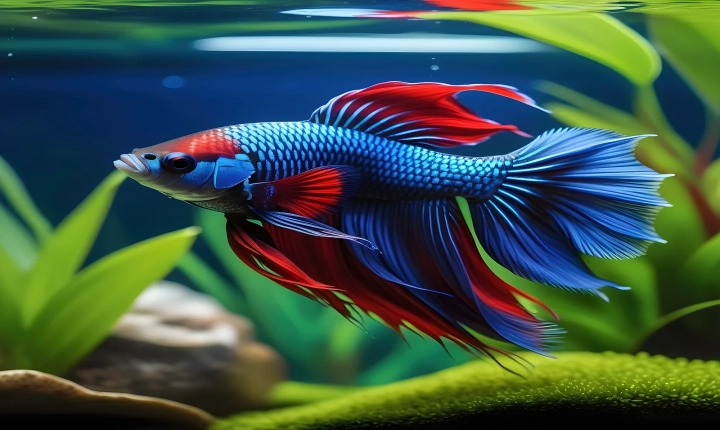AI Music: A New Frontier in the Music Industry
The advent of artificial intelligence (AI) has revolutionized various fields, and the music industry is no exception. AI-generated music has been gaining traction in recent years, with many artists and researchers exploring its potential. This raises the question: is AI music good? Let’s delve into the topic and explore its various aspects.
Proponents of AI-generated music argue that it offers a new creative outlet for artists and opens up possibilities that were previously unattainable. AI algorithms can analyze vast amounts of musical data and generate compositions that may have never been conceived by human composers. This can lead to the creation of unique and innovative music that pushes the boundaries of traditional compositions.
One of the key advantages of AI music is its potential to assist musicians and composers in the creative process. AI tools can analyze existing musical pieces, identify patterns, and provide valuable insights that can inspire new compositions. This creative assistance can be invaluable for artists looking to break through creative blocks or seeking fresh ideas to enhance their work.
Moreover, AI-generated music has the potential to democratize music creation by providing a platform for aspiring artists who may not have access to traditional music production tools. This can lead to a more diverse range of musical expressions and voices, thereby enriching the overall music landscape.
On the other hand, there are concerns about the impact of AI music on the authenticity and emotional depth of compositions. Critics argue that AI-generated music may lack the soul and human experience that often underpins great musical works. They suggest that the emotional connection that audiences have with music may be compromised when it is created solely by algorithms.
Additionally, there are ethical considerations surrounding the use of AI in music creation, such as copyright issues and the potential displacement of human composers and musicians. As AI technology continues to advance, ensuring fair compensation and recognition for human creators remains an important challenge for the industry.
Despite these concerns, it is undeniable that AI music has the potential to coexist harmoniously with traditional music creation. Many artists are already incorporating AI tools into their creative process, using them as a source of inspiration and a means to expand their artistic horizons.
In conclusion, the question of whether AI music is good is multifaceted and subjective. While it presents exciting opportunities for creative exploration and innovation, it also raises valid concerns about artistic authenticity and the role of human creators. As AI technology continues to evolve, it is crucial for the music industry to navigate these complexities thoughtfully and ethically in order to harness the full potential of AI-generated music while upholding the integrity of musical expression.
